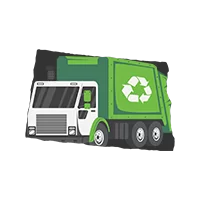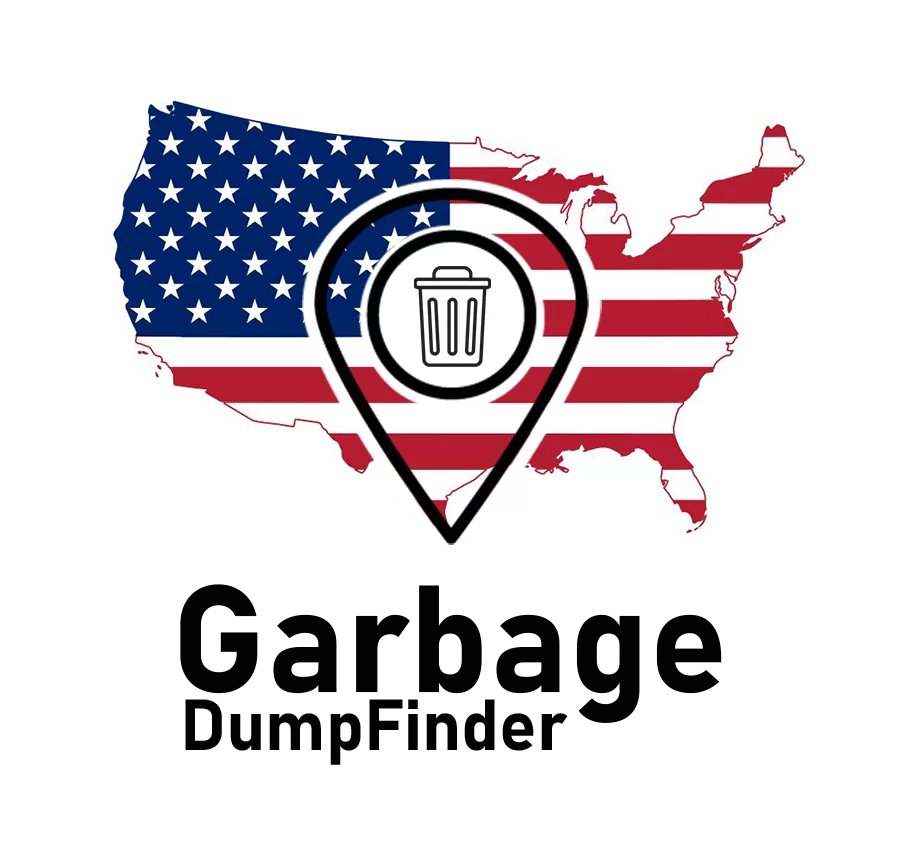Find North Dakota Dumps & Landfills Near You
America's Largest List of Dumps in North Dakota
Looking for a nearby landfill or garbage dump in North Dakota? Whether you’re located in Fargo, Bismarck, or Minot, it’s important to know where to properly dispose of your household or business waste. North Dakota offers a variety of waste disposal sites to handle everything from everyday trash to construction debris. Use our resources to find the nearest facility that fits your needs and helps maintain the cleanliness of our state.
FAQs
What materials are typically accepted at North Dakota landfills?Most landfills in the state accept standard household waste, construction debris, and yard waste. Hazardous materials, electronics, and tires may need special disposal services, so always check with your local facility first.
Can I recycle at a garbage dump?Yes, many garbage dumps offer recycling services for materials like plastics, paper, and metals. Some may even have designated areas for electronics recycling. Confirm the specific offerings of the facility you're visiting.
What are the operating hours for garbage dumps?Operating hours vary by location, but many garbage dumps in North Dakota are open Monday through Saturday. It’s best to check with your local facility for up-to-date schedules, especially around holidays.
Is there a fee for dumping yard waste?Yard waste, such as grass clippings or leaves, is often accepted at a reduced fee compared to other waste types. However, some garbage dumps may charge based on the volume or weight of the waste.
Are there special rules for disposing of construction waste?Yes, construction waste may require separate disposal procedures. It’s important to check if there are weight limits or designated areas for materials like concrete, wood, or drywall at your local landfill.
Do I need to separate recyclables from regular waste?Many facilities ask that you separate recyclables from regular waste to ensure proper processing. However, some sites handle sorting for you. Always check ahead to see what’s required.
Are hazardous materials accepted at landfills?No, hazardous materials like chemicals, paint, and batteries are typically not accepted at regular landfills. Special hazardous waste collection events are held for safe disposal of these items.

List of North Dakota Dumps
More About North Dakota Landfills
North Dakota has a well-organized network of garbage dumps and landfills that cater to the waste disposal needs of its residents and businesses. From large cities like Fargo and Bismarck to smaller towns, the state provides facilities to manage household, commercial, and industrial waste responsibly.
One key feature of North Dakota’s waste management system is the emphasis on recycling. Many garbage dumps across the state are equipped to handle recyclables such as plastic, metal, and paper, which helps reduce the volume of waste entering the landfills. Some facilities also accept electronic waste, like old computers and appliances, as part of the state’s e-waste recycling initiatives.
In addition to typical household waste, landfills in North Dakota are designed to handle large quantities of construction and demolition debris. Whether you’re disposing of concrete, drywall, or lumber, there are dedicated sections at most facilities to manage these materials. Proper disposal of construction waste is essential to avoid overcrowding landfills and to ensure that recyclable materials are recovered when possible.
Yard waste is another common item dropped off at garbage dumps in North Dakota. Leaves, grass clippings, and branches can often be composted, reducing the need for these materials to be buried in landfills. Composting organic material not only helps reduce the volume of waste but also contributes to creating nutrient-rich soil for agricultural use.
North Dakota’s environmental regulations ensure that landfills are well-managed, preventing contamination of water and soil while promoting sustainable waste management practices. For more information on landfill locations and waste disposal guidelines, visit your local government websites or the official state portal for waste management services.
